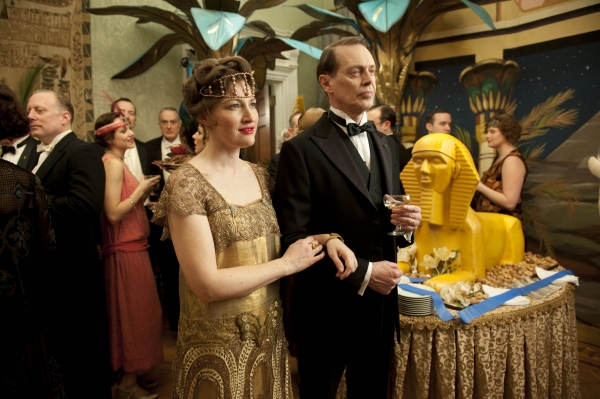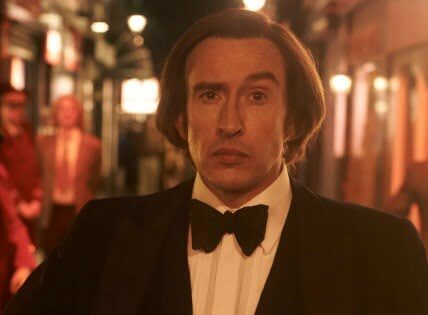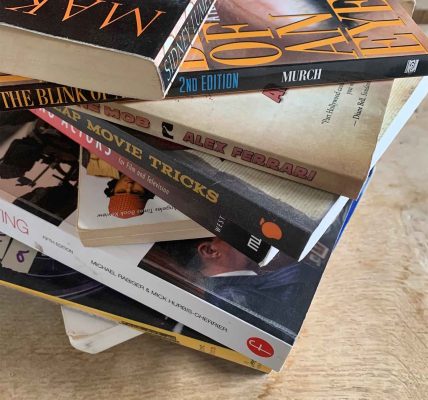If the 1970s were regarded as a golden age for Hollywoodwhen the likes of Martin Scorsese and Francis Ford Coppola were in their pomptelevision has now reached a new pinnacle. “More and more, television is very, very provocative and risky. People are letting their imaginations run wild on TV,” says Holly Hunter, the Oscar-winner who switched to the small screen to produce and star in crime show Saving Grace. “On cable, there’s very little restriction. People can really express themselves. It’s a big, big shift.”
With Hollywood studios becoming increasingly risk-averse as they push all their chips onto blockbuster franchises designed to appeal to the widest demographic possible, Hunter has seen what she calls a “lessening of great feature films” produced in the US system. Much of this is down to budgetswhich are either less than $5m or over $100m. “Everything in-between is kinda gone,” she observes. “They’re not making movies for $30m, unless Tom Cruise or Scarlett Johansson stars. It’s a shrunken market, financially.”
As a result, with cinema in such a state of creative flux, directors and stars have flocked to the small screen. Think of Michael Mann, who executive-produced horse-racing drama Luck, starring Dustin Hoffman; Martin Scorsese, who similarly oversaw the 1920s mob story Boardwalk Empire, as well as directing the first episode; David Fincher turned to video-on-demand site Netflix for his remake of political show House of Cards, featuring Kevin Spacey; and Todd Haynes went to HBO to direct his Golden Globe and Emmy-winning Mildred Pierce, starring Guy Pearce and Kate Winslet.
It’s not just in the US, either. This year, The Piano’s Jane Campion has seen her Twin Peaks like mystery-drama Top of the Lake,an Australia-UK co-production, starring both Peter Mullan and Holly Hunterwin critical acclaim. “It’s quite obvious that cinema is limping along,” says Campion, who initially decided to veer towards television because she was sick of all the publicity that goes with promoting a film. “I thought with TV they’d just put it on, and that would be that! And you do have to sell it less. That was a big reason.”

Jane Campion’s Top of the Lake
Personal reasons aside, Campion realised that the best way to access her audience was via television. “I don’t think my audience goes to the movies any more. They don’t like the big moviesmaybe they’ll go and see Skyfall or The Bourne Identity but they’re looking for more interesting material and they’re starting to see it on TV or they get the DVDs and watch it at home. And they’ve got kids and it’s hard to for them to get out.”
Aside from the obvious financial advantages that being tied to a recurring series can bring, this is exactly why television is appealing for any actor. “To try and explore a character over six hours is not something I’d ever had the opportunity do before,” says Irish star Cillian Murphy, who can currently be seen in the Steven Knight created BBC series Peaky Blinders, a 1920s gangster drama that looks to do for Birmingham what Boardwalk Empire did for Atlantic City.
Murphy, best known for his work in films like 28 Days Later and Batman Begins, hadn’t worked in television for a dozen years, since 2001’s mini-series The Way We Live Now. But, he says, it wasn’t for any reasons of snobbery. “I didn’t get sent the scripts [for] any television. So I went off and made films and did theatre. In those 12 years, the amount of writers and directors who are migrating to telly has increased hugely and I think the quality has increased hugely.”










